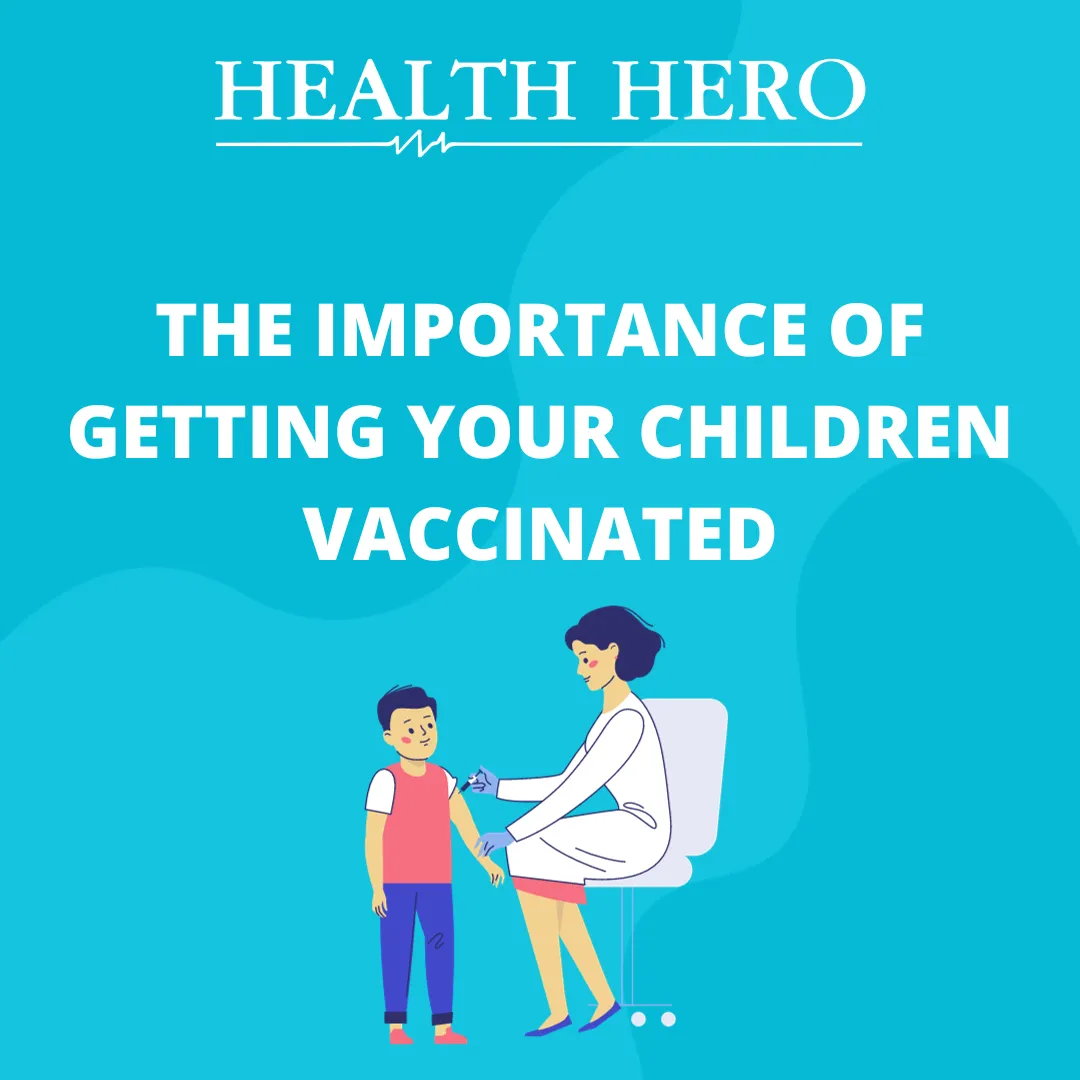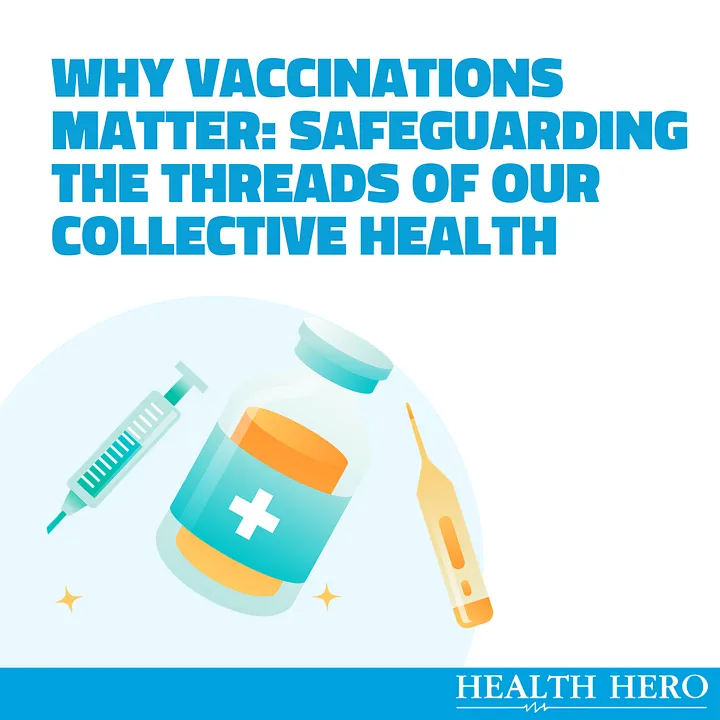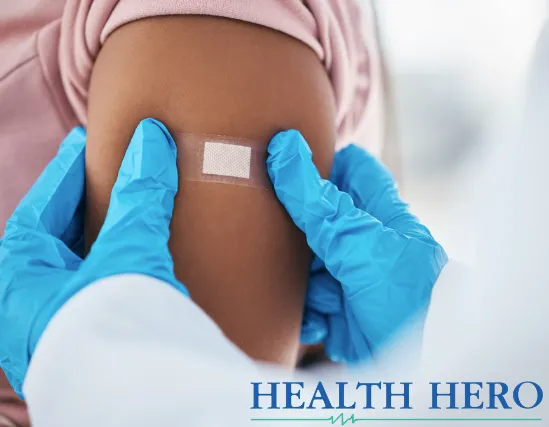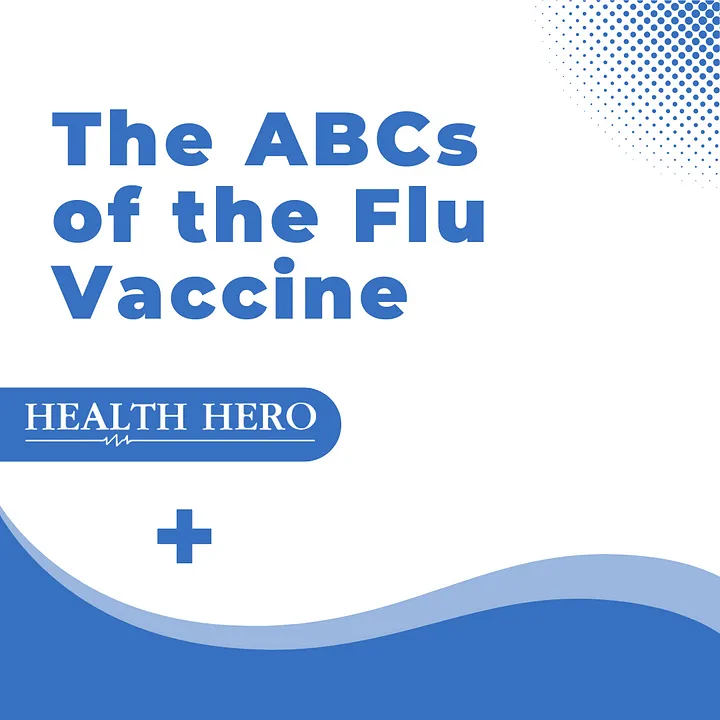A — Awareness: Understand that the flu can be a severe illness, not just a “bad cold.” It can lead to complications such as pneumonia, bronchitis, and sinus infections and even be fatal.
B — Benefits:
Protection for You: The vaccine decreases your chance of getting the flu.
Protection for Others: Reduces the spread, especially important for protecting vulnerable populations like the elderly, infants, and those with compromised immune systems.
Reduced Severity: If you get the flu after vaccination, the symptoms are often milder.
C — Composition: The flu vaccine is tailored each year to combat the strains of the virus expected to be most prevalent that season.
D — Duration: Annual vaccination is needed since flu viruses evolve rapidly, and immunity from the previous year’s vaccine wanes.
E — Everyone: The CDC recommends the flu vaccine for everyone six months and older, with few exceptions.
F — Forms: Available as a shot and a nasal spray. Your healthcare provider can recommend the best option for you.
G — Guard Against Myths: Misinformation exists. Always refer to credible sources like the World Health Organization or the Centers for Disease Control and Prevention.
H — Herd Immunity: By vaccinating a significant portion of the population, we can protect even those who can’t be vaccinated, like individuals with severe allergies to vaccine components.
I — Influenza Strains: The vaccine often covers three to four strains of the flu virus — two influenza A strains and one or two influenza B strains.
J — Just a Minute: The time it takes to receive the vaccine is minimal, especially compared to the potential weeks of illness from the flu.
K — Knowledge: Stay informed about the current year’s vaccine and its efficacy.
L — Low Side Effects: Common side effects are mild and may include soreness at the injection site, low-grade fever, or mild body aches.
M — Medical History: Inform your healthcare provider of any allergies or past reactions to the flu vaccine.
N — Not Just for High-Risk Groups: While it’s vital for high-risk individuals, healthy people can spread the virus, too.
O — Optimal Timing: Ideally, get vaccinated by the end of October, but getting vaccinated later can still be beneficial.
P — Prevention: Along with the vaccine, practice good hygiene, like washing hands regularly to prevent the spread.
Q — Questions: Always ask your healthcare provider for concerns or doubts about the flu vaccine.
R — Reduction: In the spread and severity of the flu across the community.
S — Safety: Vaccines are thoroughly tested for safety before being approved.
T — Types of Vaccines: There are standard-dose flu shots, high-dose shots for older adults, and even egg-free versions.
U — Ubiquity: Flu vaccines are widely available — from doctors’ offices to pharmacies.
V — Vulnerable Populations: Pregnant women, the elderly, and people with chronic health conditions need to get vaccinated.
W — Who Shouldn’t Get Vaccinated?: Infants under six months and individuals with certain allergies. Consult with a healthcare provider for specifics.
X — eXpect Variability: The flu virus changes and vaccine effectiveness can vary year to year, but it’s always better to be protected.
Y — Your Responsibility: Protecting yourself also protects those around you.
Z — Zero Regrets: Choosing to get vaccinated can give you peace of mind throughout flu season.
In a nutshell, the flu vaccine is an essential tool in protecting individual and public health. Knowing the ABCs can help make informed decisions and encourage broader community participation.



